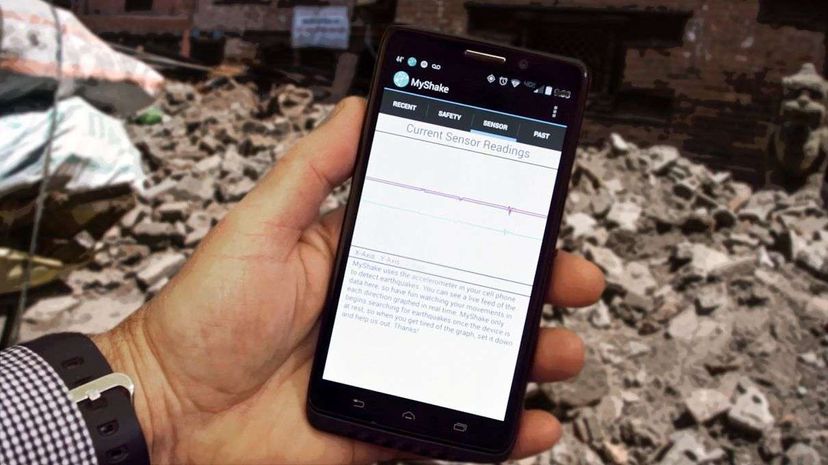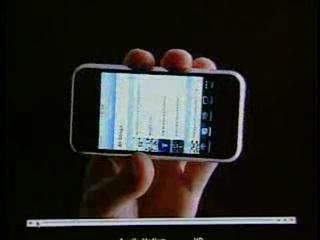
A new free app could create an earthquake early warning system millions of smartphones strong The goal would be to boost the efforts of more than 80 countries that rely on only 150 seismic stations to detect significant ground shakes.
The app MyShake, created by scientists at the University of California, Berkeley, uses built-in accelerometers in smartphones to record earthquakes as they happen. Running continually in the background while consuming only minimal power, MyShake detects shaking day or night, and if the vibrations fit the profile of an earthquake, the MyShake app relays the information — along with GPS coordinates — to the Berkeley Seismological Laboratory in California.
Advertisement
The intent, say scientists, is to crowdsource earthquake detection, enabling early warnings of impending danger. People in earthquake-prone areas already turn to Twitter and other social media outlets to report tremors as they happen, but MyShake reports rattling directly to seismologists, who can then issue alerts ASAP via social media to people in affected areas.
According to a research article published in Science Advances by the app's inventors, "earthquake early warning provides seconds to minutes of warning, allowing people to move to safe zones and automated slowdown and shutdown of transit and other machinery."
The results already have been promising. The Android version of MyShake, released in an English version in February 2016, has been downloaded to phones and installed by more than 170,000 users. In its first three months of public use, the app's network recorded earthquakes as far-ranging as Argentina, Chile, Japan, New Zealand and Oklahoma in the United States.
"In my opinion, this is cutting-edge research that will transform seismology," UC Berkeley graduate student Qingkai Kong, who developed the app's algorithm, said in a press release. "The stations we have for traditional seismology are not that dense, especially in some regions around the world, but using smartphones with low-cost sensors will give us a really good, dense network in the future."
A Japanese-language version of the Android app was released this past weekend. UC Berkeley plans to roll out Spanish and Chinese versions soon, as well as an iPhone-compatible app.
Advertisement

